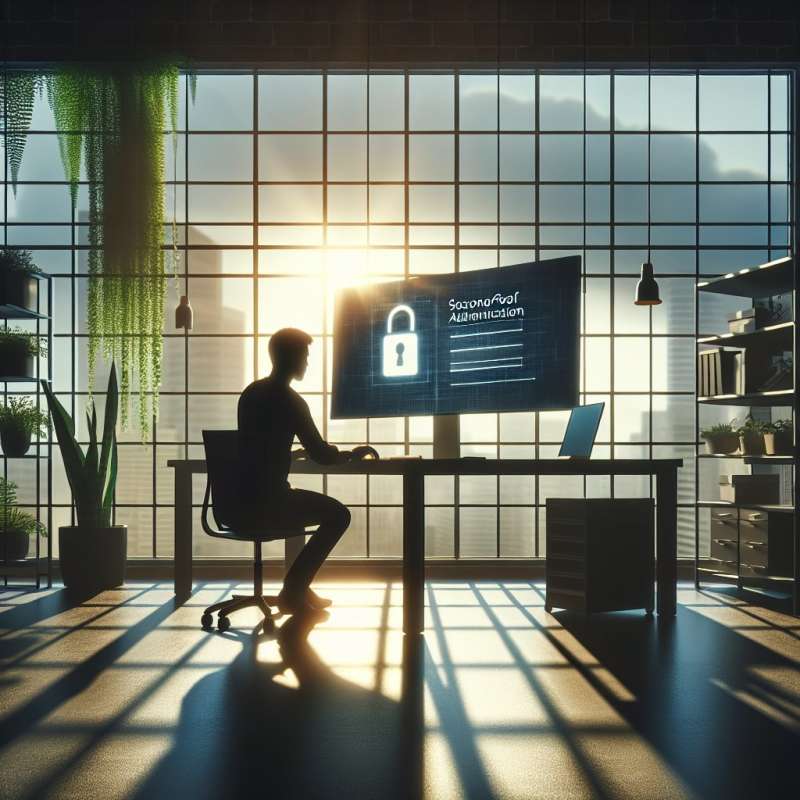
Understanding Cybersecurity Hygiene
Cybersecurity hygiene involves routine practices to maintain system health and improve online security. Like personal hygiene, it's preventive care for your digital presence, safeguarding against infections and threats.
Complex Passwords Matter
A complex password includes numbers, symbols, and both upper and lower case letters. Surprisingly, adding just one uppercase letter and a symbol increases the time to crack a password from seconds to years.
Update Software Regularly
Keeping software updated is crucial. Software updates often include patches for security vulnerabilities that were discovered since the last iteration of the software was released.
Beware of Phishing Scams
Phishing attacks trick you into divulging personal information. Did you know that 97% of people cannot identify a sophisticated phishing email, making training and awareness critical?
Secure Wi-Fi Networks
Unsecured Wi-Fi can be a gateway for cyberattacks. A fact less known is that Wi-Fi can be hacked from two miles away with a powerful enough antenna.
Implement Multi-Factor Authentication
Multi-factor authentication (MFA) adds extra security layers. Studies show that MFA can block over 99.9% of account compromise attacks, making it a powerful tool against unauthorized access.
Regular Backups: A Must
Regularly backing up data can be a lifesaver. Ransomware attacks occur every 14 seconds, and having your data backed up means you can restore it without paying the ransom.
What is cybersecurity hygiene analogous to?
Digital infection prevention
Online threat elimination
System health deterioration
Company